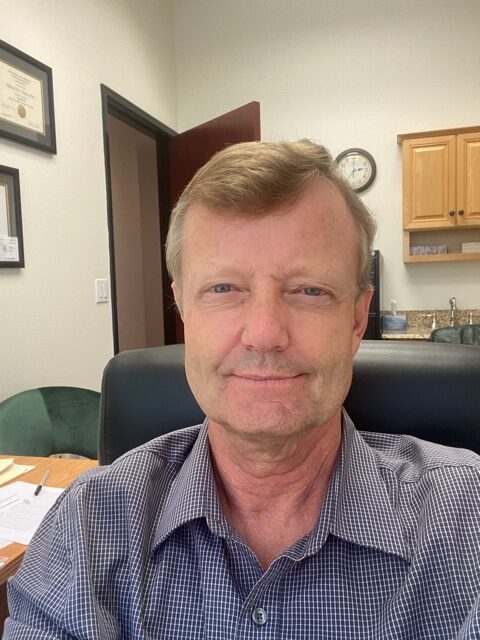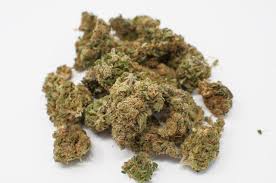Drug addiction can wreak havoc on individuals’ lives, causing turmoil in relationships, disrupting daily routines, and posing serious health risks. However, drug addiction rehabilitation offers a lifeline for those in need. Dr Michael Vivian Ventura CA sheds light on the transformative benefits of drug addiction rehabilitation, emphasizing its role in not only ending substance use but also rebuilding lives that have been shattered by addiction.
1. Medical Support and Supervision: A Safe Path to Recovery
The journey to recovery often begins with detoxification, a crucial step that can be physically and mentally challenging. Medical support during detox is invaluable because it ensures the safety and well-being of individuals. In-house medical teams can administer medications to alleviate withdrawal symptoms, making the detox process safer and more comfortable. Continuous monitoring allows for the prompt management of any side effects or complications that may arise during the recovery process.
2. Therapeutic Interventions and Counseling: Healing from Within
Effective treatment for drug addiction goes beyond merely ceasing substance use. It delves into understanding the root causes of addiction and equipping individuals with new coping mechanisms. Trained therapists guide patients through individual and group therapy sessions, providing vital emotional support. Counseling fosters self-awareness, helps resolve underlying issues, and empowers individuals with the tools to confront triggers and prevent relapse.
3. Peer Support and Community: Strength in Numbers
Rehabilitation programs create a nurturing community of individuals who share a common goal: recovery. In this supportive environment, individuals can relate to one another, share their experiences, and provide mutual encouragement. Group therapy and support group meetings facilitate the sharing of struggles, triumphs, and effective coping strategies. Forming bonds with others who understand the journey of recovery often leads to lifelong friendships and robust support networks.
4. Skills Building and Aftercare Preparation: Setting the Foundation for a Drug-Free Life
Drug rehabilitation extends beyond treatment—it equips individuals with the skills needed for a successful, drug-free life post-rehab. This includes addressing areas that addiction may have impacted, such as physical health, job skills, and social relationships. Workshops on healthy living, including nutritional counseling and physical fitness programs, help rebuild physical well-being and instill positive habits.
Additionally, vocational training assists in recovering lost job skills and enhancing employment prospects post-treatment. Aftercare planning plays a pivotal role in preparing individuals for life after rehabilitation, encompassing ongoing therapy, support group meetings, and, if necessary, access to sober living arrangements.
In conclusion, drug addiction rehabilitation is a transformative process that not only breaks the chains of substance abuse but also rebuilds lives. With medical support, therapeutic interventions, peer support, and comprehensive skills building, individuals can emerge from rehabilitation stronger, healthier, and ready to embrace a drug-free future click here Dr Michael Vivian Ventura CA.



